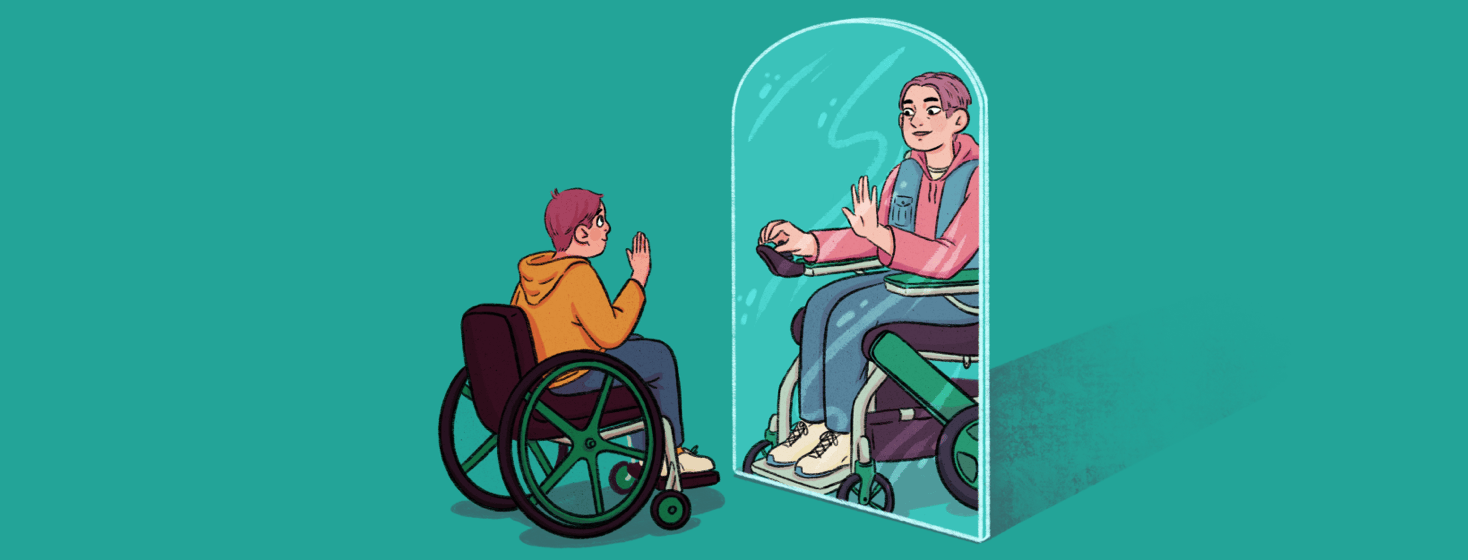Adjusting to Life’s Transitions
Life consists of transitions both large and small. One could argue that transitions are good and bad. I would argue that life would be extremely boring if we never had any transitions. In order to grow and move through life we need to be constantly evolving. Dealing with a physical disability like spinal muscular atrophy can make those life transitions a little more complicated.
Transitions from childhood to teens to adult
From my perspective, I think the hardest transitions tend to be from childhood to the teen years and then early adulthood.
The transitions that disabled people deal with are even more complicated. People with disabilities require extra physical assistance. When we are young children, the extra assistance is not a huge deal. Most young children need assistance with dressing, bathing and using the bathroom. It’s just normal. However as all able-bodied people transition into late adolescents, the assistance they required goes away. Unfortunately the same can’t be said for some of us disabled folks.
Transitions more complex with a disability
If you have read any of my earlier articles I have considered myself rather lucky. The spinal muscular atrophy really didn’t start to take away my independence until my late 20’s early 30’s. However I dealt with the feeling of being different throughout my teen years. Those experiences have made me acutely aware of other teens who require more assistance than I needed during that time in my life. Those transitions become a little more complex.
Hard for young people to see what's ahead
A few years ago I started doing some public speaking and my audience is usually people affected with spinal muscular atrophy. Going into that experience taught me quickly that I can hopefully encourage younger people that they can overcome their spinal muscular atrophy diagnosis. It can be hard for people in that age bracket to think ahead. Rightfully so, we should not have to worry about such heavy issues during this time period.
As we get older the hope is that we mature and learn to accept our circumstances. This has been a lifelong lesson for me. When I was in my teen years I dealt with a lot of anger and jealousy because I felt like I was missing out on the experiences many kids my age were having. Looking back now as an adult I have realized that I was my own worst enemy. I was struggling to accept my disability and I ended up shutting people out.
Accepting your disability
This is a warning to my younger readers who are dealing with any physical disability. Learn to accept your disability because the earlier you become more comfortable with your disability you will discover that most people don’t really care about it. These transitions will unfortunately be the most difficult ones that you will deal with. Remember this, everyone your age is struggling with body image and trying to fit in.
Confidence is key
The older you get the easier it will become. That transition will teach you how to be more confident in yourself. Confidence is an important attribute to carry with you. There are many confident disabled people out there. They learned to navigate the transitions of life. We are all capable. Remember to take care of yourself and never give up!

Join the conversation